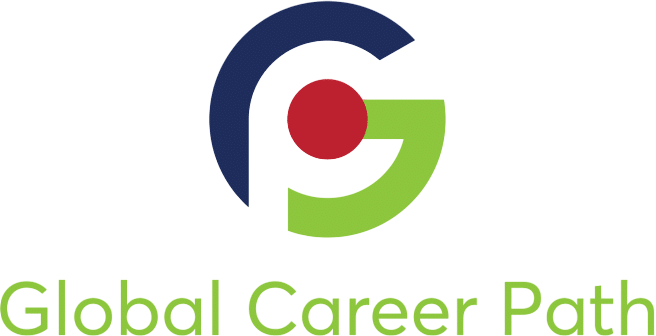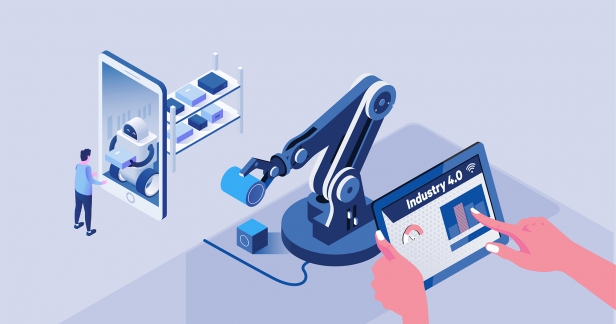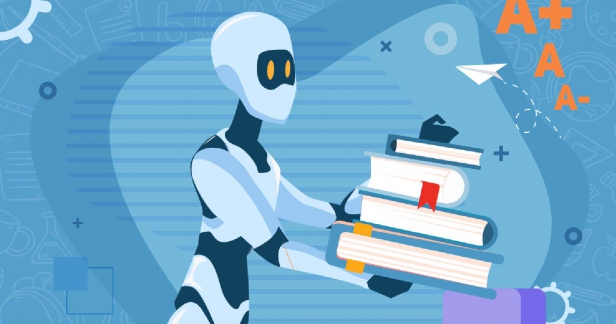Parents Accompanying Their Children on the Career Orientation Journey in the AI Era
The world of work is changing rapidly with the rise of AI. According to the WEF, 44% of workforce skills will be disrupted within the next five years. AI will not only eliminate many existing jobs but also create a significant number of entirely new professions. In this context, the role of parents extends beyond traditional career guidance—they must act as intelligent companions, supporting their children in adapting and achieving sustainable growth.
-
According to the WEF, 39% of current skills may become obsolete by 2030; although this figure has dropped from 44%, it remains highly concerning (Business Today)
-
The IMF also warns that AI could affect up to 40% of jobs worldwide, with particularly strong impacts on advanced economies (Business Insider, Reddit)
-
Recently, the CEO of Anthropic cautioned that as many as 50% of entry-level office jobs could disappear within the next five years, while 41% of businesses are planning workforce reductions due to automation (New York Post)
These figures show that the labor market is about to enter a period of profound transformation. Without proper guidance, students may easily fall behind.
Principles for Parents to Accompany Their Children
-
Listen and Ask Open-Ended Questions
-
Avoid imposing your own preferred career path. Instead, ask questions such as: “Do you feel more suited to hands-on practice or theoretical work?”
-
-
Encourage Real-World Experiences and Multi-Industry Exploration
-
Allow your child to join workshops, short-term internships, or projects to gain firsthand career insights—especially in emerging fields created by AI (e.g., AI operations technician, VR experience designer).
-
-
Track Career Trends Together Using Reliable Reports
-
The WEF highlights that demand for talent in healthcare, engineering, digital skills, and AI will rise significantly (Procurement Magazine, World Economic Forum)
-
Parents can read and analyze these reports with their children: Which careers are growing? Which are declining? How can one adjust their direction accordingly?
-
-
Teach Children Lifelong Learning, Especially Through AI
-
AI will transform the way we work, but it also serves as a powerful learning tool. According to the WEF, by 2025–2030, 77% of businesses will prioritize reskilling, and 69% will hire individuals with AI-related skills.
-
Equipping children with AI competencies—such as prompt design, data interpretation, and digital security—will be a critical key to their future success.
-
5 Practical Steps for Parents to Accompany Their Children
| Step | Parents’ Action | Benefit for Students |
|---|---|---|
| 1 | Read and analyze WEF, McKinsey reports with your child | Identify promising careers and required skills |
| 2 | Use assessments (MBTI, Holland) or AI tools | Gain clarity on strengths and suitable learning paths |
| 3 | Create a list of potential careers and adjust according to AI trends | Focus on careers that are both suitable and future-oriented |
| 4 | Connect with mentors, alumni, or short-term vocational courses | Gain practical insights from experienced individuals Gain practical insights from experienced individuals |
| 5 | Review the career plan regularly (every 6–12 months) | Stay flexible and updated with the market while ensuring suitability |
In the AI era, parents are not decision-makers on behalf of their children but rather intelligent companions. By listening, staying updated on trends, using technology, and creating a safe space for exploration, parents help their children build responsibility and sustainable adaptability.
Suggested action: Download the WEF “Future of Jobs 2025” report with your child and read it together to develop a proactive career orientation strategy.






Description: